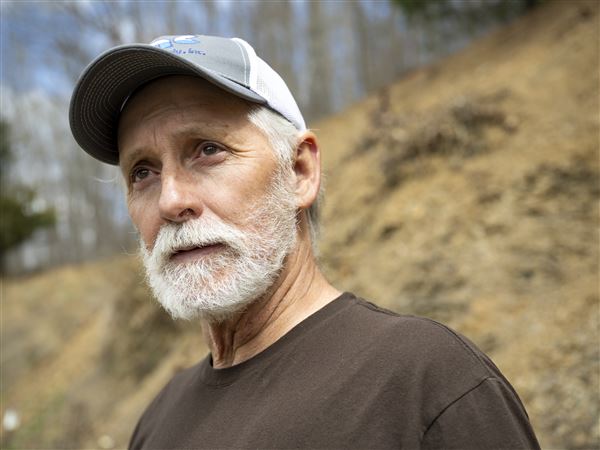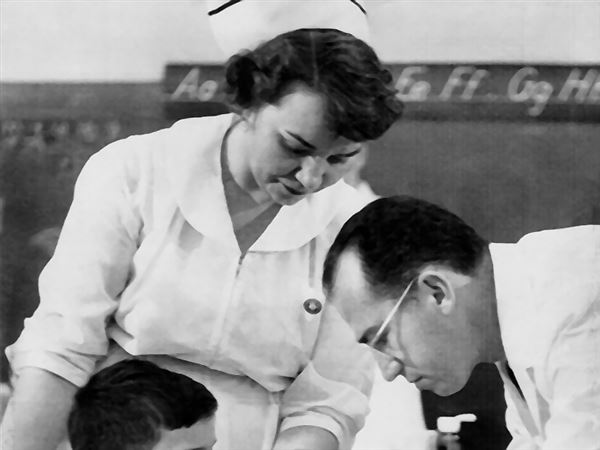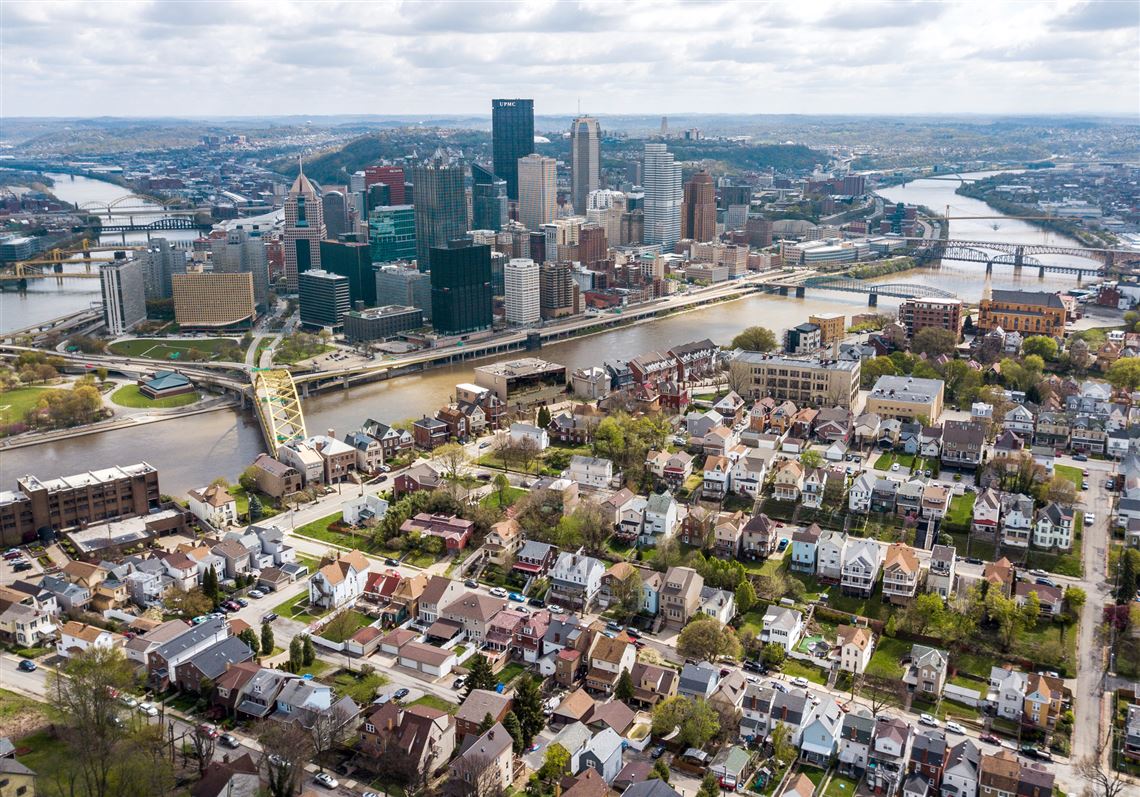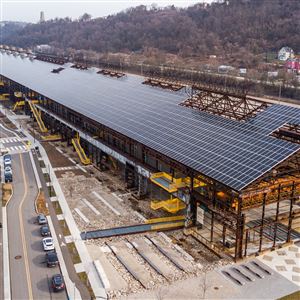Pittsburgh, Secretary of Energy Jennifer Granholm recently said, is “a town that exemplifies how a legacy energy and industrial-dependent economy can be transformed into a technology and innovation powerhouse.” This week, our city and region is hosting the first-ever Global Clean Energy Action Forum in partnership with the Department of Energy.
Over 6,000 people — including international energy ministers from 30 countries — plan to attend. The forum will focus on accelerating and deploying innovations that can deliver a better energy future and good-paying, sustainable jobs to more people.
The world continues to recognize our region for its transformation into a global innovation hub. We are a leader in software engineering, artificial intelligence, robotics, advanced manufacturing, energy, life sciences and autonomous transportation. For decades, we’ve led the way on green building design and adoption of sustainability guidelines across our public and private sectors. We’re even the birthplace of commercial nuclear power technology.
The Pittsburgh region is the model for a clean energy transition that can benefit all. The complete ecosystem is here: innovative spirit, manufacturing capacity, intellectual and physical muscle, and science and technology expertise. Our region is home to a spectrum of energy opportunities in industry, natural resources and research.
We like to say that innovation is our most abundant resource, and it’s been that way from the beginning. In many ways, Pittsburgh was the birthplace of American energy — not only of oil and gas, but of the modern electric grid, commercial nuclear energy, and green buildings.
Today, at Carnegie Mellon University, the University of Pittsburgh, more than 70 regional universities, colleges and other post-secondary institutions, and federally funded research labs like the National Energy Technology Laboratory, the brightest minds are pioneering energy solutions in partnership with industry, which are helping to build a globally competitive workforce.
We’re working together to elevate new energy innovations — from carbon capture and hydrogen to scaled-up production, modernized distribution and efficient use of low-carbon electricity. When these collide with our region’s inherent strengths and expertise in technology, innovations are created that improve the performance and efficiency of traditionally high-demand systems, maximize the viability of intermittent and renewable power sources, and increase transportation efficiency with smart city technologies and autonomous vehicles.
We are leading the way in establishing climate tech solutions through partnerships with global institutions like the U.N. Center of Excellence on High Performance Buildings, CEOs for Sustainability, and the MetroLab Network. We’re focused on doing everything it’s going to take to achieve the world’s carbon and climate goals.
At the same time, we recognize that we have much more work to do. Pittsburgh knows better than most the complexities surrounding energy and manufacturing that disproportionately impact underrepresented communities. These include energy insecurity, environmental and social impacts from industry, and climate change.
With the world arriving in Pittsburgh, they will see us as the model for communities addressing similar challenges. During the GCEAF, we will show the world we are collaboratively committed to addressing environmental, economic and equity challenges to ensure that the creation and opportunities of a clean energy future are open to everyone.
That, perhaps, is the most important reason why the world keeps recognizing the Pittsburgh region as a model. We know how to work together to get things done. “The Pittsburgh Way” reflects a unique spirit of collaboration.
We’ve spent two generations collaborating and building public-private partnerships, and our service as the co-chairs of the host committee for the Global Clean Energy Action Forum reflects our commitment to working together. It also symbolizes our continued commitment to making Pittsburgh a place where economic and environmental transformations are commonplace for everyone who calls this region home.
The co-chairs of the host committee are: Rich Fitzgerald, Allegheny County executive; Ed Gainey, mayor of the city of Pittsburgh; Farnam Jahanian, president of Carnegie Mellon University; and Stefani Pashman, CEO of the Allegheny Conference on Community Development.
First Published: September 22, 2022, 4:00 a.m.
















